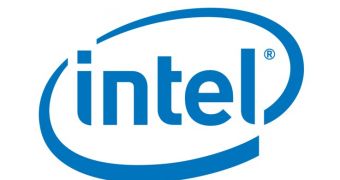The computer processor market had been dominated, for the past decade or so, by two big names, Intel and AMD, with the latter almost constantly occupying the underdog position. As you might have heard from quite a lot of our previous articles on this subject, the big "Chipzilla", as Intel is also known as, has been slapped with a lawsuit by AMD, its headquarters have been raided and it even received a rather hefty fine in Korea.
And now, Intel is also undergoing a formal FTC (Federal Trade Commission) investigation, which will look into what seems to be the core of AMD's issues with its bigger rival: the problem of discounts. You might know a little about this subject already, but in order to sum things up, we'll just say that AMD accused Intel of coercing certain computer manufacturers and integrators to ditch AMD's processors and go for Intel's in order to enjoy certain generous discounts.
Nevertheless, as Jason Mick points out quite well for DailyTech, the US antitrust laws are a lot looser that those on the old continent, which might lead to a very peculiar situation: while the EU will most likely find Intel guilty (with a hefty fine to follow), in the US, the company might be considered innocent and perhaps just receive a recommendation, similar to the one the Japanese anti-trust commission issued following its own investigation (which Intel, by the way, has accepted, most likely in order to avoid paying a huge sum of money as damages).
This rather hilarious situation is caused by the fact that there's no worldwide-compatible antitrust legislation, which means that each country (or group of countries) is judging this issue according to its own laws on the subject. And while it will take some time before the various laws will actually be harmonized, there's one question that still bugs us: is Intel really that guilty or is this whole thing just a smoke screen created by AMD in order to hide its rather unfortunate results and diminishing market share?

 14 DAY TRIAL //
14 DAY TRIAL //